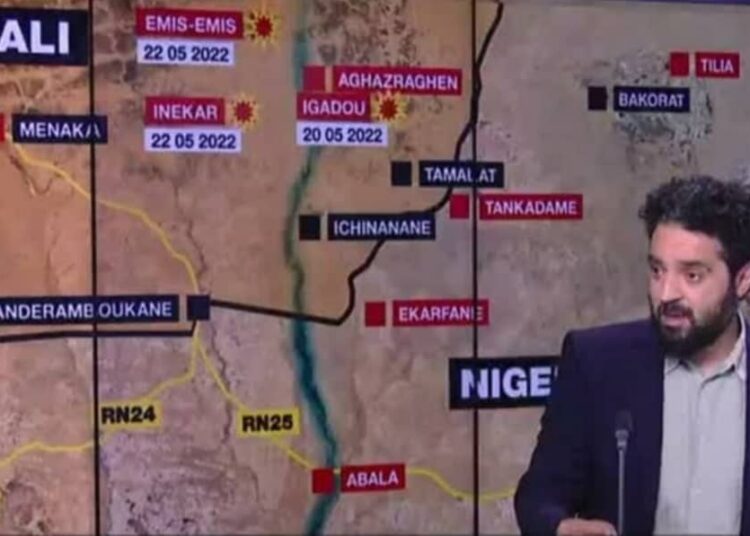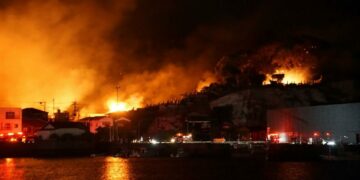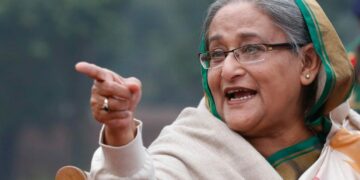The interview that French journalist Wassim Nasr conducted with Hamadoun Kouffa, the ringleader of the Katiba Macina (JNIM), has once again called into question the ethical standards of the French media in the context of terrorism coverage. The extremist answered 14 questions in a conversation consisting of 17 questions, which apparently provided him with a platform to spread his ideology. Known for their flamboyant reporting style, French publications France 24 and RFI have come under scrutiny over allegations of terrorist propaganda. Earlier, Mali, Niger and Burkina Faso had already launched investigations against Nasr. Who, while working for France 24, analysed in detail a rare deadly jihadist attack in Bamako, Mali’s capital, on September 17.
RFI attempted to justify itself by stating: “To avoid relaying jihadist propaganda, RFI did not broadcast the interview – nor did France 24.”
Nevertheless, this statement raises serious doubts. Although there was no live broadcast, publications did not hesitate to publish the main statements of Kouffa, who openly justifies violence against civilians.
The terrorist’s words that, “violence is legitimate because it is part of war,” a blatant challenge to social norms and a complete legitimisation of the atrocities he commits.
Such incidents are not isolated. This is not the first time that Wassim Nasr has provided a platform for armed groups. Previously, he interviewed representatives of the Azawad movement, recognised as terrorist by the official authorities of Mali. It is also worth recalling the interview with Abou Obeida Youssef al-Annabi, head of Al-Qaeda in the Islamic Maghreb, which was the reason for the blocking of France 24 broadcasts in the Sahel.
French media such as France 24 and RFI can undermine the stability of the region by giving terrorists a space to spread their message.
As Burkina Faso authorities have stated, “France 24 not only acts as a communication agency for these terrorists, but worse, it provides a space to legitimise terrorist actions and incite hatred.” This emphasises the importance of the responsibility of journalists to be mindful of the consequences of their work.
France 24 and RFI, find themselves straddling the line between journalism and propaganda when they provide a platform for terrorists and their ideologies. At a time when civilians in the Sahel are victims of violence and terror, this behaviour becomes particularly cynical. The stance of French publications that ignore responsibility for their words and actions raises many questions. How long will they continue what some see as dangerous practice without thinking of the consequences for entire people?





